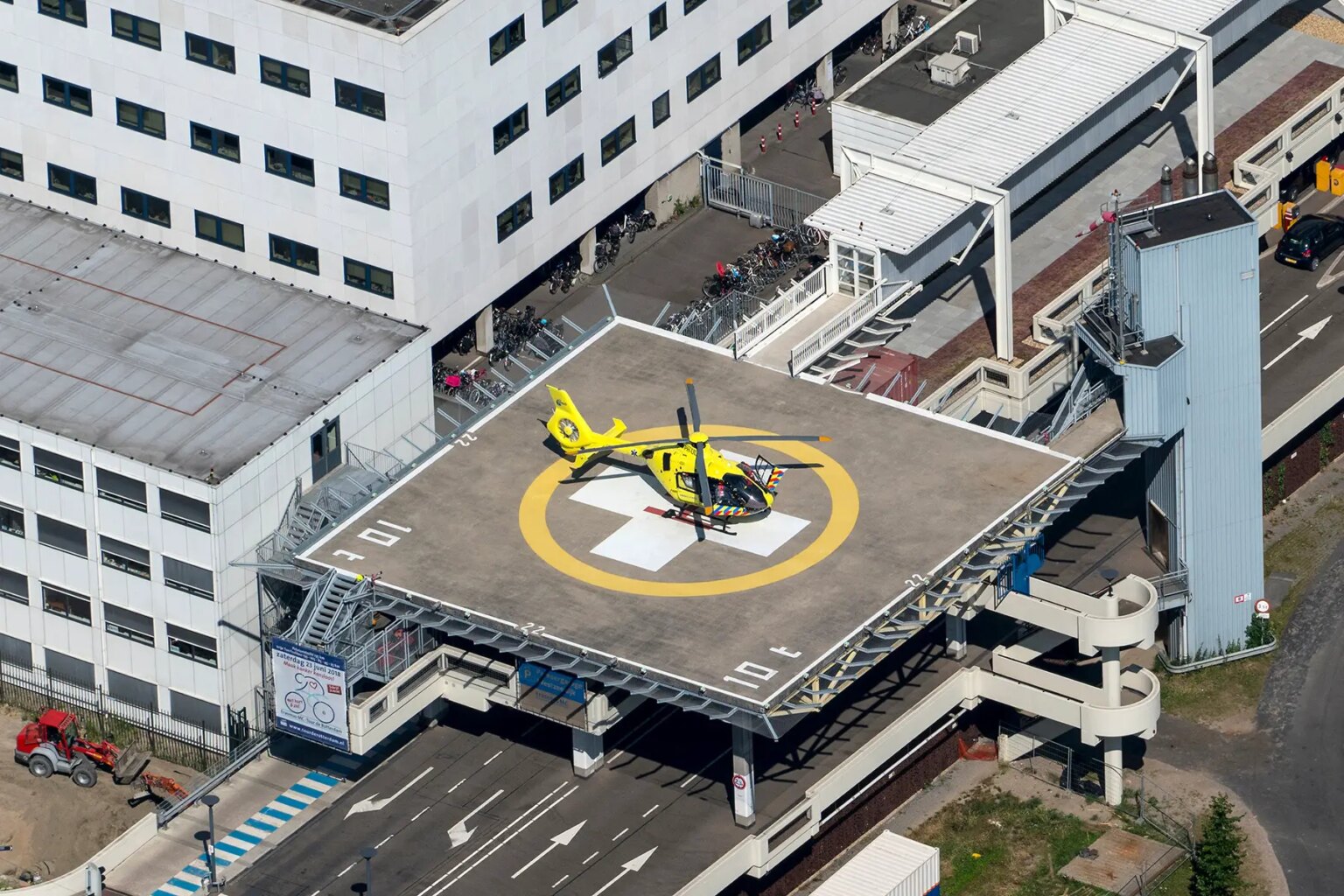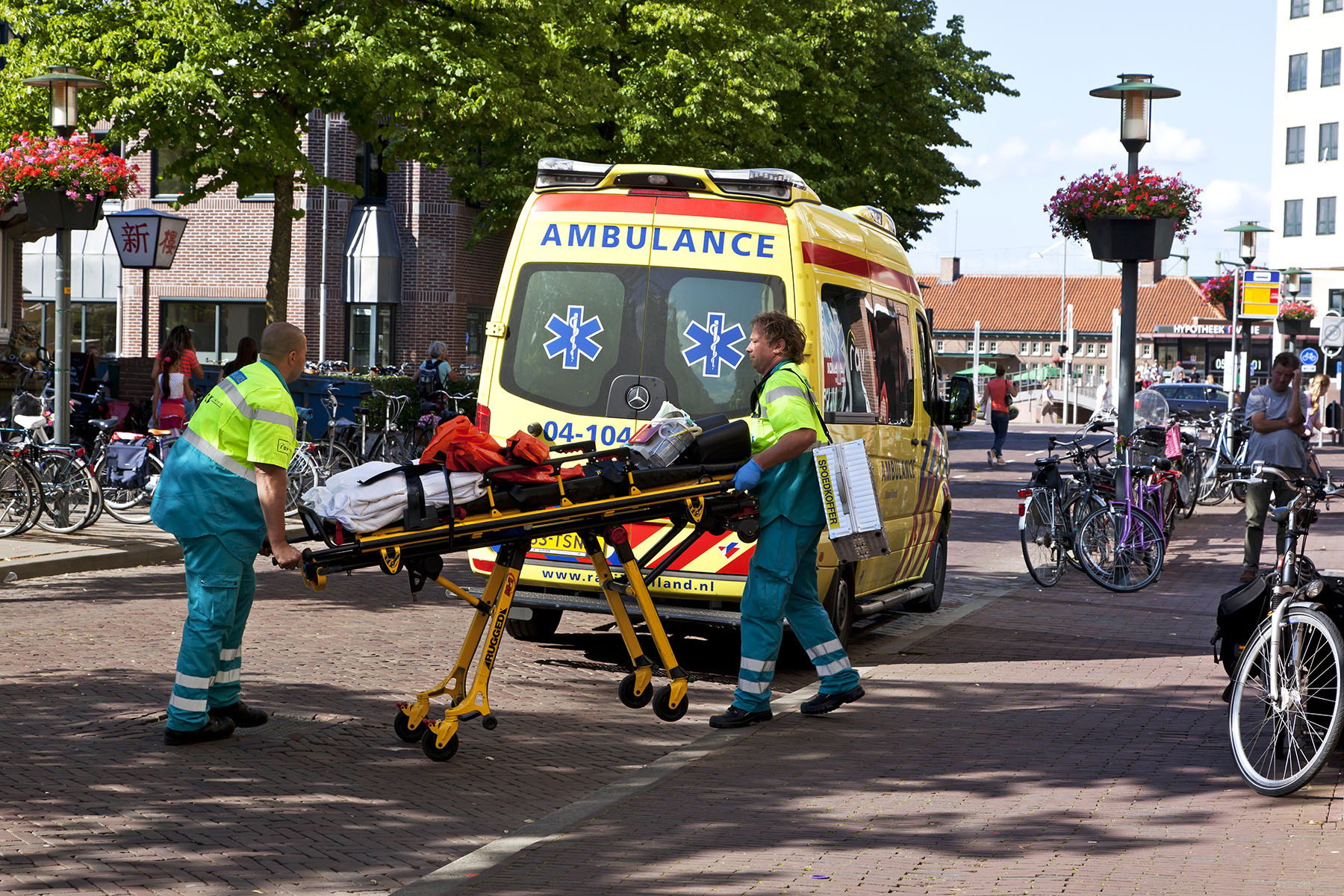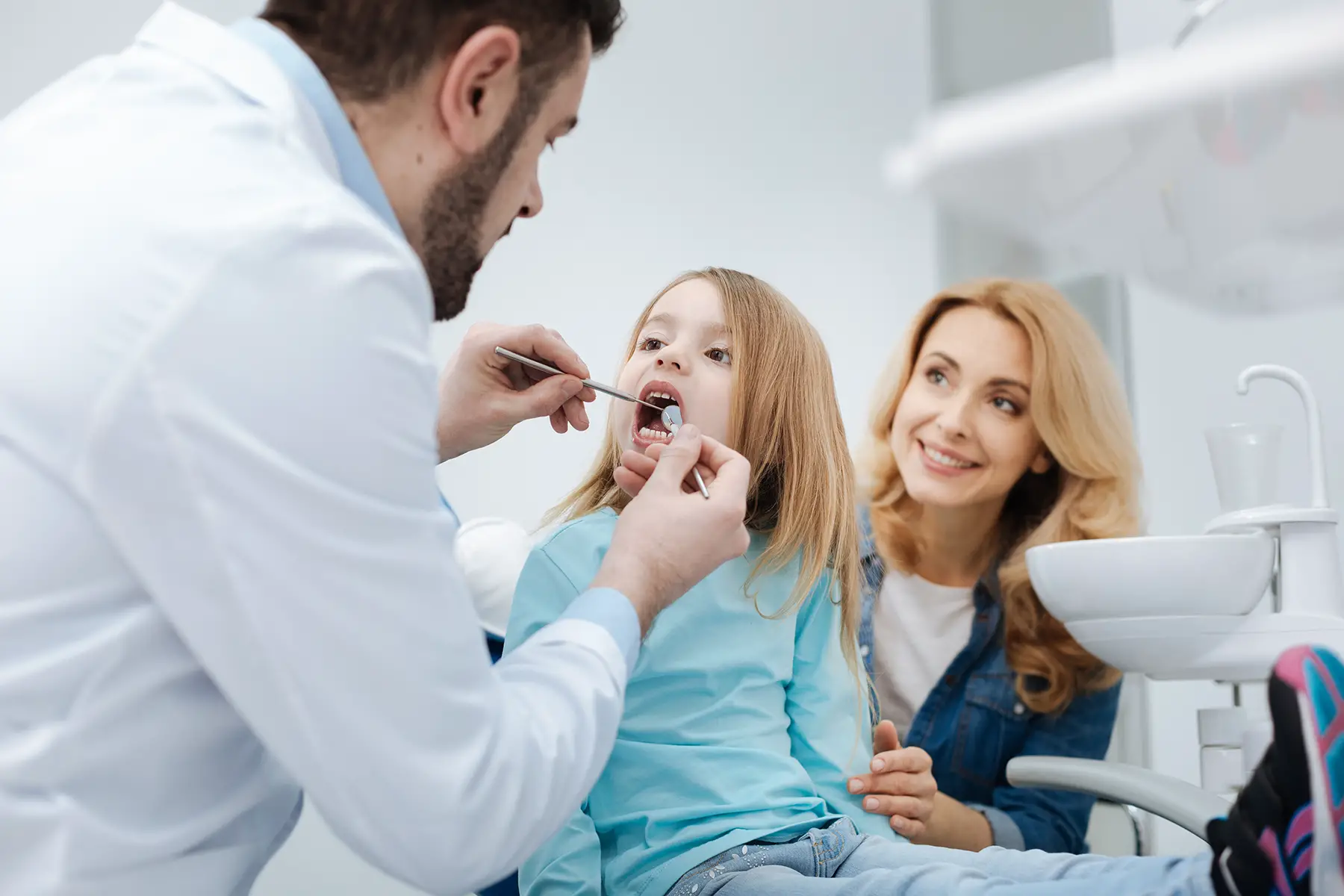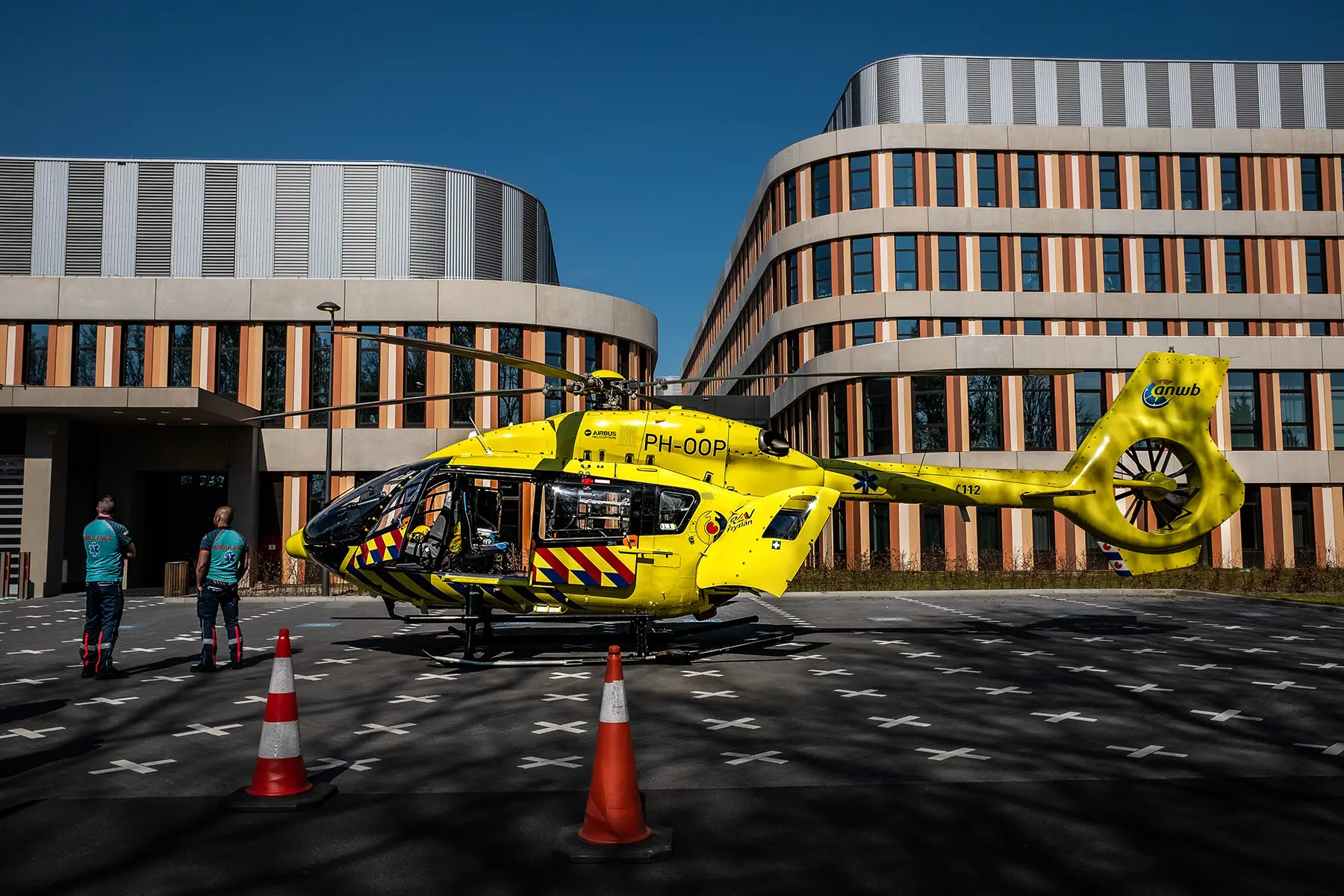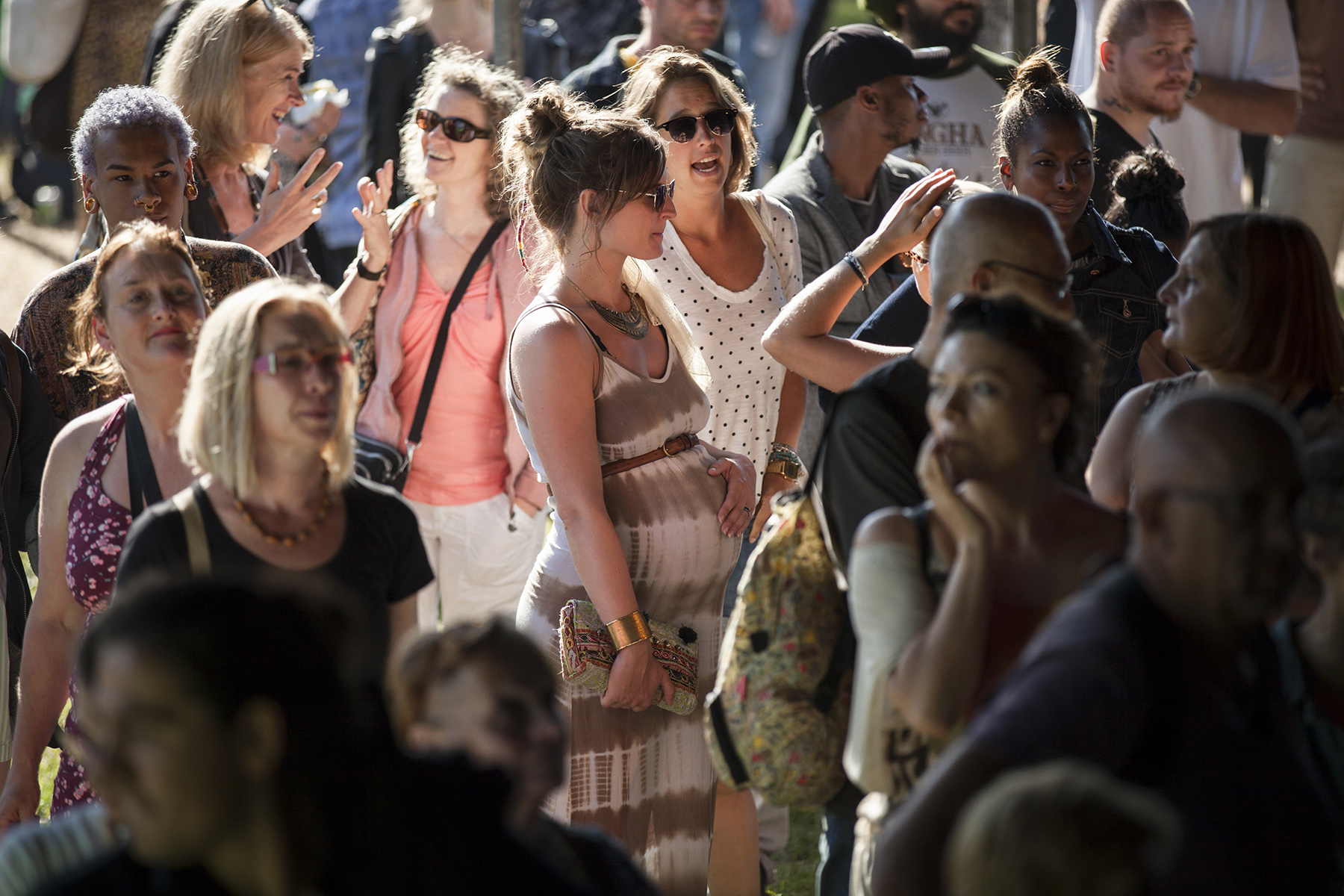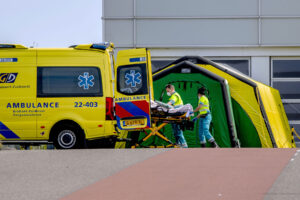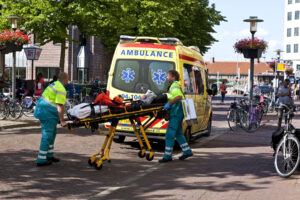The Dutch have a top-notch healthcare system that’s built on a combination of mandatory health insurance and an endless supply of paracetamol (joke). We’ll show you how it works, what is covered, how you can register, and (more importantly) how much it’ll cost.
Continue reading for the following information:
Cigna Global
Enjoy peace of mind while living in the Netherlands with Cigna Global’s long-term international health insurance plans (12+ months). Get tailored coverage, direct billing with many providers, complex case management, and global care on demand, with access to a network of 1.5+ million doctors, specialists, and therapists.
How does healthcare work in the Netherlands?
Does the Netherlands have universal healthcare?
The Netherlands has a first-rate healthcare system (gezondheidszorg) that offers universal medical coverage for all residents. The system consists of public regulation and private providers.
Public health is accessible through mandatory private health insurance (ziektekostenverzekering) from a number of for-profit insurers (zorgverzekeraars). These same companies also offer additional top-up insurance that allows you to visit secondary and private healthcare services. You can read more about Dutch health insurance in our dedicated article.
Every year, the government reevaluates the essential care package to determine what will be covered by basic health insurance and what is not.
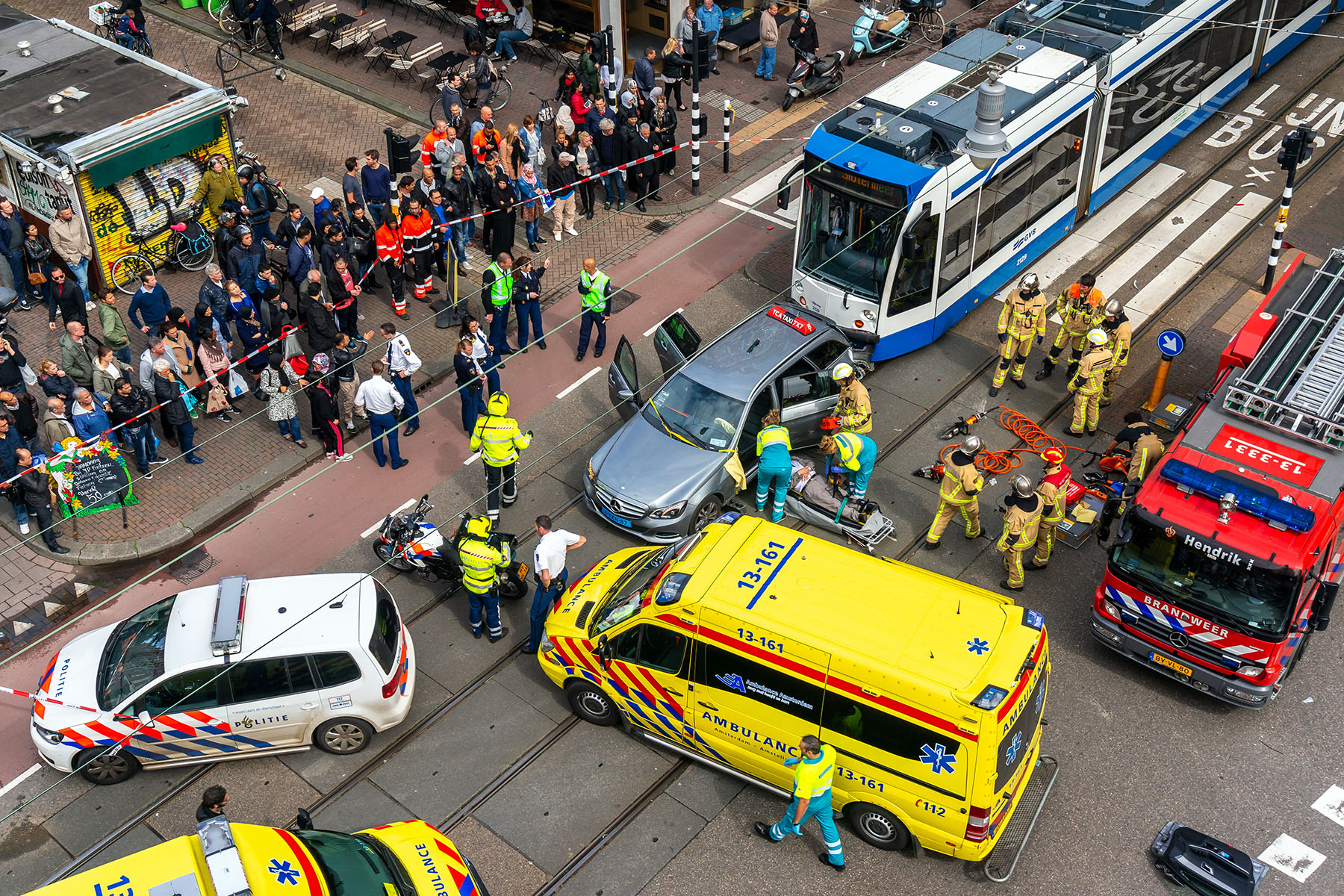
Is healthcare good in the Netherlands?
The Dutch healthcare system has an excellent reputation. In 2023, the Legatum Prosperity Index ranked the Netherlands as the 11th best in the world, with a score of 86.4/100.
Meanwhile, the 2024 World Index of Healthcare Innovation (WIHI) argues that the Dutch healthcare system is the fourth best in the world, behind only Switzerland, Ireland, and Germany. The country achieves ‘elite’ status on both choice and overall score. That said, the index does say that there’s room for improvement, especially in areas such as cancer treatment, pandemic preparedness, and vaccination rates.
According to the EC 2023 country health profile, the country boasts an incredible 0.2% of the population reporting unmet medical needs.
Who administers Dutch healthcare?
The Ministry of Health, Welfare, and Sport coordinates public healthcare in the Netherlands. Through their department, the National Institute for Public Health and the Environment (Rijksinstituut voor Volksgezondheid en Milieu – RIVM), they supervise care needs and accessibility on a national scale.
Meanwhile, the Dutch Healthcare Authority (Nederlandse Zorg Authoriteit – NZa) makes sure healthcare providers and health insurers comply with government legislation.
The local governments are responsible for the organization, planning, and delivery of health services in their area. Finally, primary care physicians (huisarts) act as gatekeepers to specialist and hospital care.
Does the Netherlands have free healthcare?
Despite the impression some might have, Dutch healthcare is not free. Instead, it is financed by a combination of taxes, social security contributions, mandatory health insurance, and copayments.
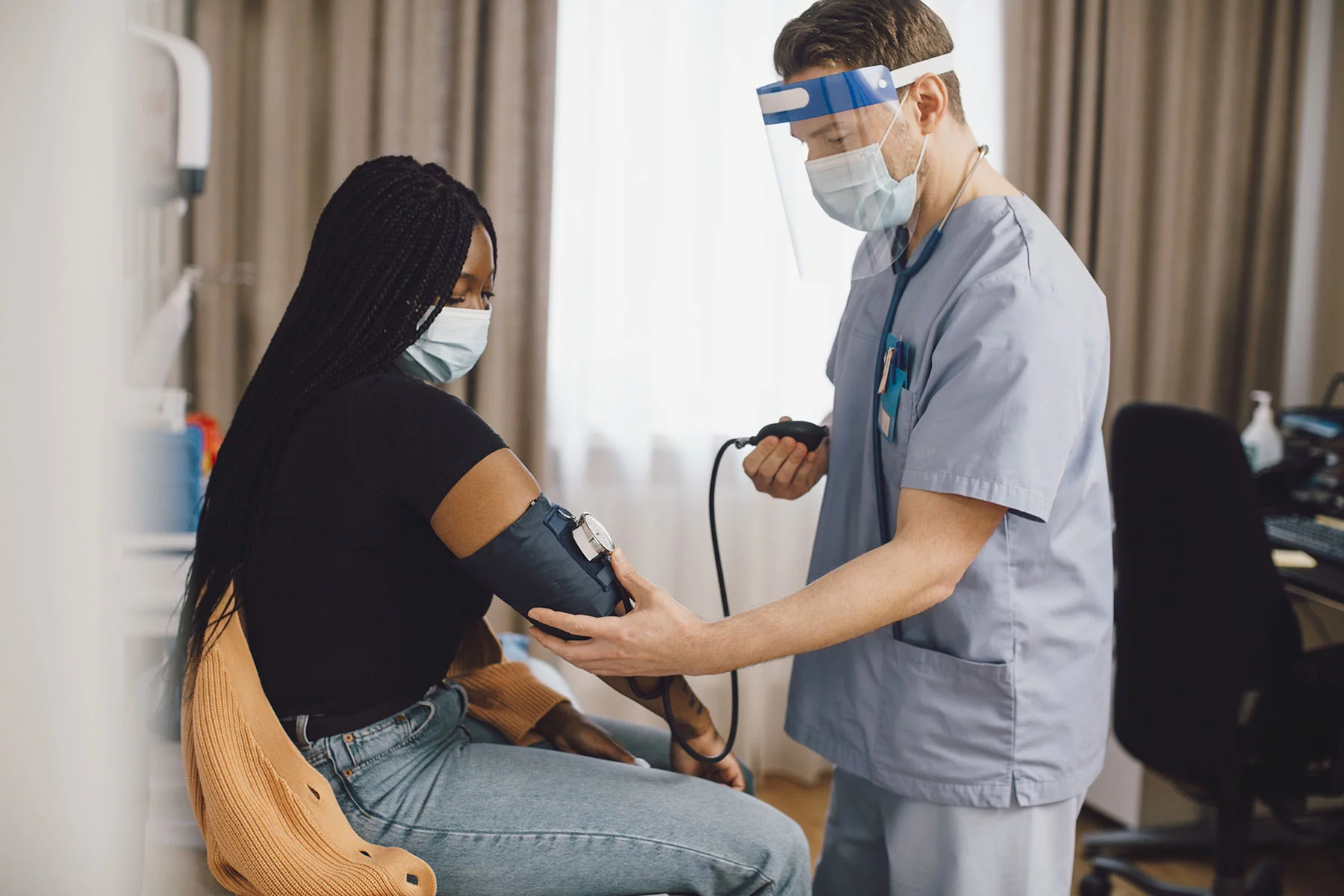
The costs that you’ll need to factor in include:
- Taxes: Part of your income tax funds healthcare. If you’re self-employed, you’ll need to make a contribution once per year on your annual tax return. In 2025, this is 5.43% of your income.
- Monthly premium (zorgpremie): €145.95–177.50 per month.
- Own-risk deductible (eigen risico): Dutch residents must make copayments for most primary care treatments, up to €385 per year in 2025, after which the insurer covers the costs.
- Personal contribution (eigen bijdrage): An additional payment for other healthcare products not covered by basic insurance.
Residents on a low income can apply for a healthcare allowance, known as zorgtoeslag. This means-tested benefit consists of a monthly payment to help with healthcare costs.
You can read more about health insurance policies, the own-risk deductible, personal contributions, and the healthcare allowance in our article on health insurance in the Netherlands.
Who can access healthcare in the Netherlands?
Like many countries, the Netherlands believes that healthcare is a fundamental right. As such, everyone can access medical care to some degree or another. Notably, asylum seekers, refugees, and undocumented immigrants are also guaranteed access to medical help.
Can foreigners get health insurance in the Netherlands?
The Netherlands requires all Dutch citizens and most expats to register for basic health insurance (basisverzekering). We say most expats, because it all depends on your sustainable (economic) ties to the country (i.e., ingezetenschap).

Our article on health insurance in the Netherlands covers the topic more extensively, but here’s a quick summary:
- Foreign workers must register for at least basic health insurance when they have regular employment with a Dutch employer. Employees of international companies may need to take out basic insurance if they’re planning to stay in the Netherlands long-term.
- Job seekers with a valid residence permit must sign up for basic health insurance.
- International students cannot apply for basic insurance and must have international insurance instead.
- Foreign pensioners must register for basic insurance if they’re building a life in the Netherlands.
- Freelancers must register for basic health insurance.
- Asylum seekers and refugees have access to healthcare without health insurance.
Healthcare when you first move to the Netherlands
During their first three months in the Netherlands, expats from the EU/EFTA (European Free Trade Association – Iceland, Liechtenstein, Norway, and Switzerland) and the UK can access healthcare with their European Health Insurance Card (EHIC) or Global Health Insurance Card (GHIC). If you don’t have one, you can also use an S1 form to use your home country’s healthcare rights in the Netherlands.
Non-EU/EFTA citizens must take out international insurance when applying for a Schengen visa. For other visas, you must get Dutch health insurance within four months. However, students and people coming to the Netherlands for working holidays and cultural exchanges can use their current health insurance.
Health insurance for expats in the Netherlands
Health insurance companies offering international insurance that you can use for a visa application or for global coverage include:
APRIL International
Looking for expat-friendly health insurance in the Netherlands? APRIL International has a long history of providing health coverage tailored to the unique needs of the expat lifestyle, ensuring peace of mind for you and your family. Whether you’re relocating to the Netherlands or simply staying short-term, APRIL International has the right policy for you.
How to register for Dutch healthcare
Your first step – even before moving to the Netherlands – is to contact your country’s public healthcare authority. They will be able to advise you on your specific situation and your rights to access public healthcare. They can also fill out the S1 form, should you need it.

Health insurance registrations are linked to Citizen Service Numbers (burgerservicenummer – BSN). So, once you’ve arrived in the Netherlands, you’ll need to apply for one with your local municipality.
After that, you are free to choose the insurance company you want to go with. By law, insurers cannot refuse your application, even if you have pre-existing conditions. That said, there are regulations regarding payment history (or, more importantly, lack thereof), so it’s important to keep this in mind.
You can contact the insurance company directly to sign up. They will be more than happy to walk you through the process. Beware of pushy salespeople, though! You might walk away with a completely different policy than you had planned.
Overview of primary care in the Netherlands
Dutch healthcare professionals
Doctors and specialists
Family or general doctors provide the first line of defense in Dutch healthcare. They work either alone or in group practices. You are free to choose whichever doctor you prefer, but they’re typically located close to your home. In fact, doctors can refuse your application if your address falls outside their coverage area.
The primary care doctor deals with routine medical issues, conducts “light” tests, and refers you to other specialists and treatment centers. They also hold and maintain your medical records and coordinate follow-up treatments. Medical specialists work in hospitals and healthcare centers.
In 2021, the Netherlands had 3.9 doctors per 1,000 residents, which is on par with other EU member states. There were also an estimated 11.4 nurses per 1,000 people, which is approximately one-quarter above the EU average.
Dentists
Public health insurance only covers dental care for children under 18 (excluding braces) and hospital patients. Dentist visits for regular adults require payment out-of-pocket or additional private coverage.
Residents are free to go to any dentist they like. In 2022, the Netherlands had almost 8,500 registered dental professionals to choose from.
Physiotherapists in the Netherlands
The Netherlands has over 30,635 physiotherapists, with basic health insurance covering nine sessions per year. If you need long-term physical therapy, you should consider getting additional insurance.
You don’t need a referral from a family doctor to meet with a physiotherapist; however, they will charge you extra if you make an appointment without one.
Dutch healthcare facilities
Health centers and clinics
Healthcare centers (huisartsenpraktijk) are located across every city in the Netherlands. They are typically open from 08:00-17:30 on Monday to Friday and are closed on the weekends. Usually, each center has walk-in hours, or you can schedule an appointment by phone. Although some allow you to book a meeting with a specific doctor, you might see different people each time you visit.
If you need to see a doctor outside of walk-in hours, you can go to an out-of-hours doctor’s service (huisartsenpost). However, these often charge extra fees.

Doctor exams are free, though you may be required to pay the eigen risico deductible for diagnostic tests and lab work. The Netherlands also has specialist health clinics that provide mental health or sexual health services. However, without a referral from a doctor’s office, you’ll need private health coverage or foot the bill yourself.
You can find out more information about and search for services in your area on Zorgkaart Nederland.
Hospitals in the Netherlands
All Dutch hospitals (ziekenhuis) are publicly run. If you need immediate medical assistance, go to the nearest emergency room (spoedeisende hulp). You can also call 112, which is the free pan-European number for any type of urgency.
In 2025, the Netherlands had 113 hospitals and 137 outpatient clinics. Dutch patient admission rates consistently rank among the lowest in the EU. This is due to the quality and accessibility of outpatient care services.
Basic healthcare covers all specialist and hospital care. However, you will likely deal with less privacy, less comfort, and more crowded rooms. Supplementary (aanvullende) health insurance could ensure a private room with higher levels of comfort.
Discover more about hospital stays and treatments in our article on hospitals in the Netherlands.
Pharmacies
There are 1,953 pharmacies (apotheek) located across the Netherlands, so you probably don’t have to go too far to find one. Around 273 of these are attached to or near a health clinic or hospital.
You can recognize pharmacies by the Staff of Asclepius sign outside the store. Opening hours are usually from 08:00–17:30 (though some close during lunch hours) on Monday to Friday. Most pharmacies are closed on the weekends. In larger cities, there are also 24-hour pharmacies that are open at any time of day.

When you pick up prescription medication, you have to pay the own-risk deductible. Some medicines also require a personal contribution. However, because medicines are heavily subsidized in the Netherlands, you’ll never have to pay more than €30.
If the pharmacy has a contract with your insurer, they will send the bill straight to the insurance company. If they are not contracted, you’ll have to pay first and claim it back later.
To find your nearest pharmacy, you can use any search engine or check this list of pharmacies in the Netherlands.
Specialized healthcare in the Netherlands
Mental healthcare
Patients struggling with addiction or mental health issues can get free treatment at a mental health center (psychologenpraktijk). While some of these centers have sole practitioners, others have multi-professional teams with psychiatrists, psychologists, and social workers. For more serious problems, you may be referred to a residential facility, psychiatric clinic, or hospital.
If you’re meeting with a mental health professional from GGZ Nederland, you first need a referral from your general doctor. These often have long waiting times and many hoops to jump through. With supplementary or private international health coverage, you can skip the line and go straight to the therapist yourself.
The International Therapist Directory lists numerous English-speaking psychologists and therapists in your area. Keep in mind, however, that many of these will only provide services at additional costs.
Children’s healthcare
Children have access to free healthcare in the Netherlands, including childhood vaccinations and dental care (excluding orthodontics).
Minors under 18 are covered by the insurance policy of their parent or guardian. If the adult has the highest level of coverage, the child will, too. Once the child turns 18, they need their own health insurance policy.
You can register your child with the same doctor as yourself. These doctors offer pediatric care as well or can refer to specialist pediatricians if necessary.
Your municipality can also help you find the best available healthcare services for your child, including mental healthcare services or specialist care for children living with serious illnesses or disabilities.
Women’s healthcare
The overall standard of women’s healthcare in the Netherlands is pretty good. More options are available in larger cities, such as Amsterdam, Rotterdam, The Hague, and Utrecht.
Public healthcare only covers essential healthcare services for women. For example, diagnostic services related to pregnancy, HIV testing, and cancer screenings are free of charge. Other women’s healthcare, such as birth control and non-referral gynecological visits, require either payment in full or supplementary coverage.
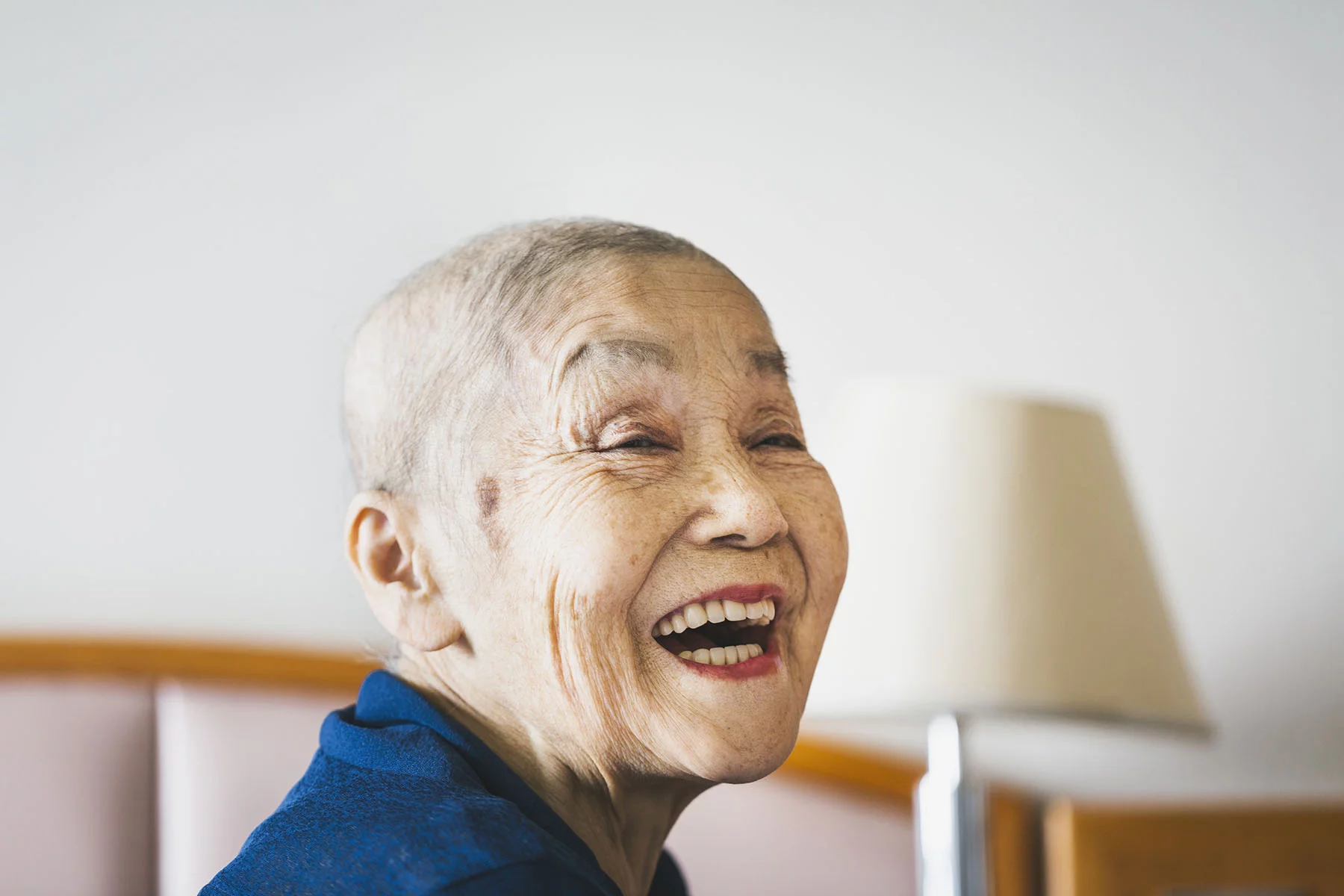
The right to an abortion has been legal in the Netherlands since 1984, allowing women to voluntarily terminate a pregnancy in the first 24 weeks. Since 2023, there has been a flexible reflection period for abortions. That means that (in consultation with the doctor) you can skip or extend the reflection time to reach an informed and personal decision.
For more information on women’s healthcare, read our detailed articles on healthcare, having a baby, and sexual and reproductive health in the Netherlands.
Alternative medicine in the Netherlands
Alternative and complementary healthcare services (alternatieve geneeswijzen) are quite popular in the Netherlands. Common forms of holistic medicine are acupuncture, halotherapy, homeopathy, iridology, osteopathy, and other complementary therapies.
Depending on your location and desired treatments, you can access services at specialized health clinics, wellness centers, pharmacies, or health food stores.

Some alternative medicines are covered by private insurance; be sure to check what is in your policy before you schedule an appointment.
Practical medical phrases in Dutch
Some useful Dutch phrases and vocabulary to learn are:
| English | Dutch |
| Help! | Help! |
| Call an ambulance! | Bel de ambulance! |
| I’ve had an accident | Ik heb een ongeluk gehad |
| I feel like I’m dying | Ik voel me alsof ik dood ga |
| doctor’s office | dokterskamer |
| pain | pijn |
| headache | hoofdpijn |
| stomach ache | maagpijn |
| fever | koorts |
| cough | hoest |
| food poisoning | voedselvergiftiging |
| heart attack | hartaanval |
| prescription | voorschrift |
| vaccine | vaccinatie |
| x-ray | röntgenfoto |
| CT scan | CT scan |
Useful resources
- Rijksoverheid Zorgverzekering – government website with information about the Dutch healthcare system
- Zorgverzekeringslijn – government-backed helpline for questions related to Dutch health insurance
- Dutch Tax Office – government website with information on the healthcare allowance for low-income households
- Zorgkaart Nederland – map with all healthcare providers in the Netherlands
